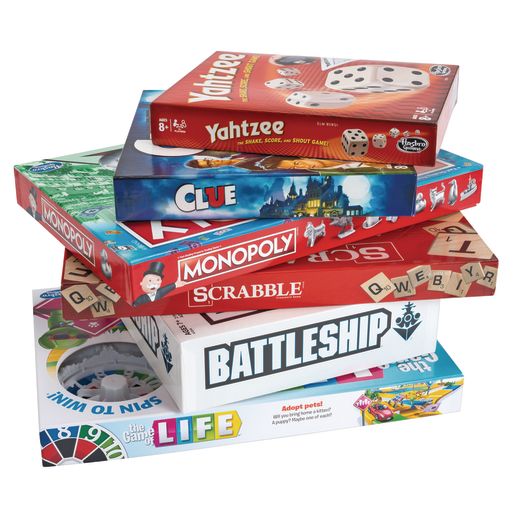During holidays and breaks, there was family time. That typically meant board games with my family. This was never a simple matter. Even as children, it was competitive. My dad did not believe in letting us win. He said that he wanted us to know that when we won, we out skilled him. Whether it was chess, checkers, a snowball fight or getting the eight ball in the corner pocket, my goal was to beat dad. I knew if I could beat him, then I was good. Even when my siblings became adults and nieces and nephews entered the picture, holidays were filled with board games. The kids knew that the adults would not let them win. They knew grandma was best at Spades so if they learned from her, they would win and could be her Spades partner. Granddad was the chess master. Uno, Spades, and Monopoly was cutthroat so picking the right partner was key. You had to be strategic. My parents liked games that had a teaching component that reinforced math, thinking, and spelling. As we’re social distancing during the coronavirus crisis, it’s time to pull out the board games out and put the cell phones down. It’s rather nostalgic for me to see my college nieces and nephews pull out the board games. Let the games begin!

Backgammon
It reminds me of hanging out at the grandmother’s house. When us kids would be too loud, my grandmother would make us play backgammon.
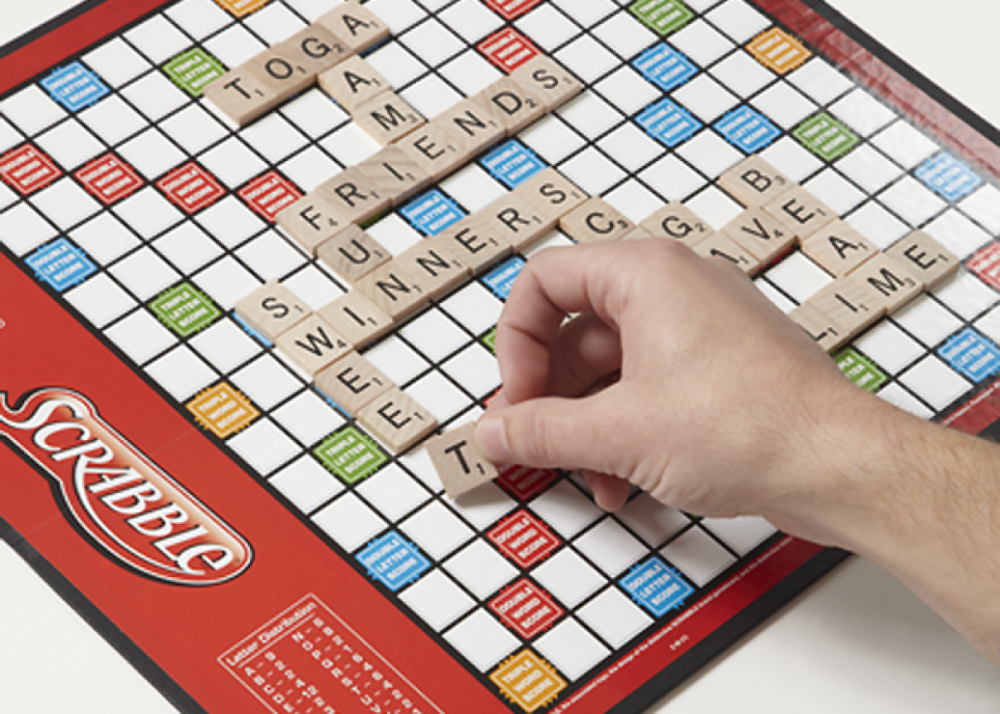
Scrabble
Go find your dictionary and thesaurus because you’ll need it. My mom loved Scrabble and it is a great way to teach spelling. My mom required us to “say the word, spell it and give the definition.” Not part of the official rules but because kids are home, a great way to make sure kids are learning while playing.
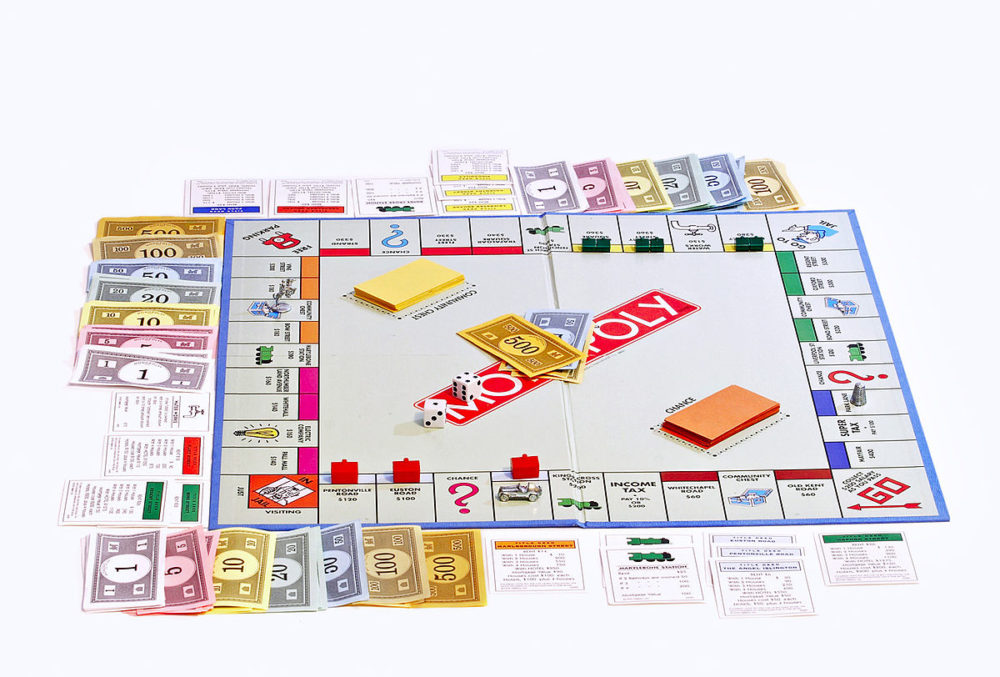
Monopoly
This game was played at family reunions and regular household gatherings. At family functions, you could tell a lot about your aunts and uncles by who they chose as a partner for Monopoly and Spades. Strategy was key. Heated disagreements, but also moments of hilarity and the all-important bragging rights. Think of the Blackish monopoly episode here.
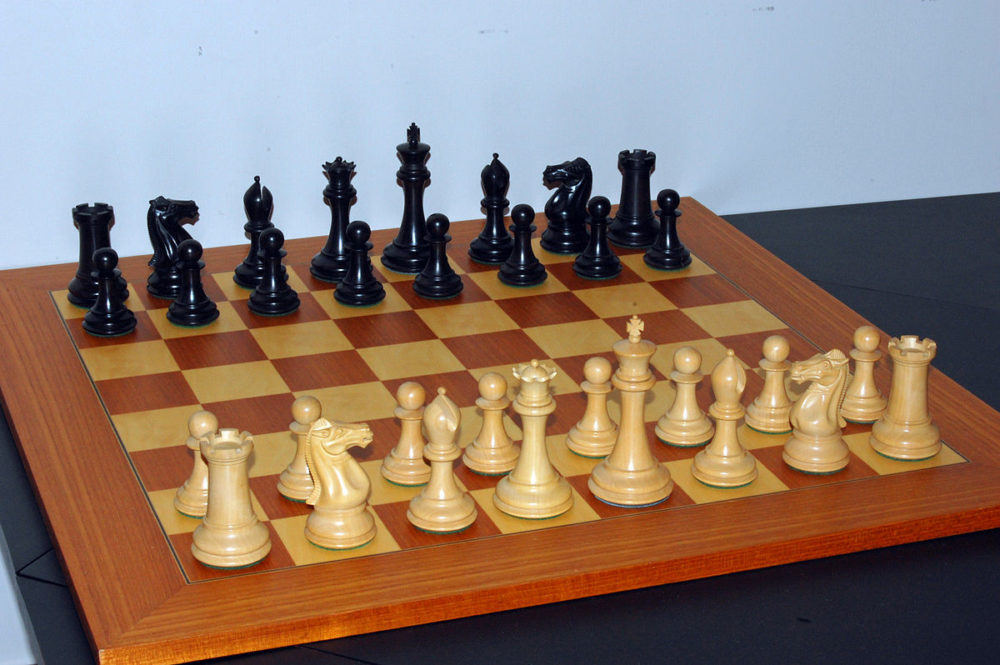
Chess
Strategy, logic, reasoning, and critical thinking are all skills learned from chess. My dad said that chess was a “thinking man’s game.” As a girl, I had to challenge him. Beating him in chess was probably my first feminist move. Love my daddy but we had to have talks about male chauvinism at a young age.
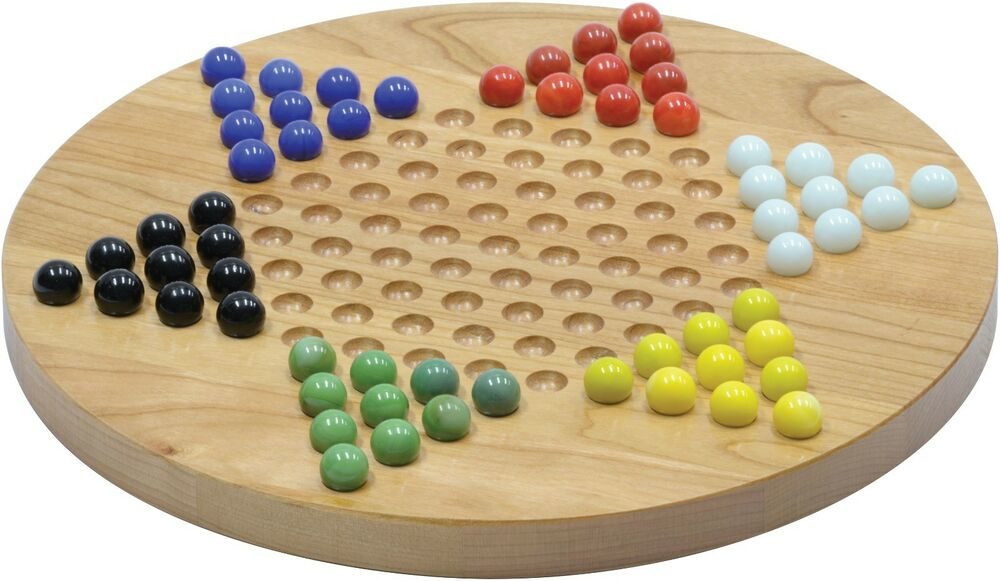
Checkers and Chinese Checkers
Checkers was always the good standby. I preferred Chinese checkers because it had marbles and up to six people could play.

Rummikub
It’s a numbers game good for kids and adults and it reinforces basic math skills. It’s sort of like gin rummy but with dominoes. This game was hard core and my family threw down like we were playing dominoes.
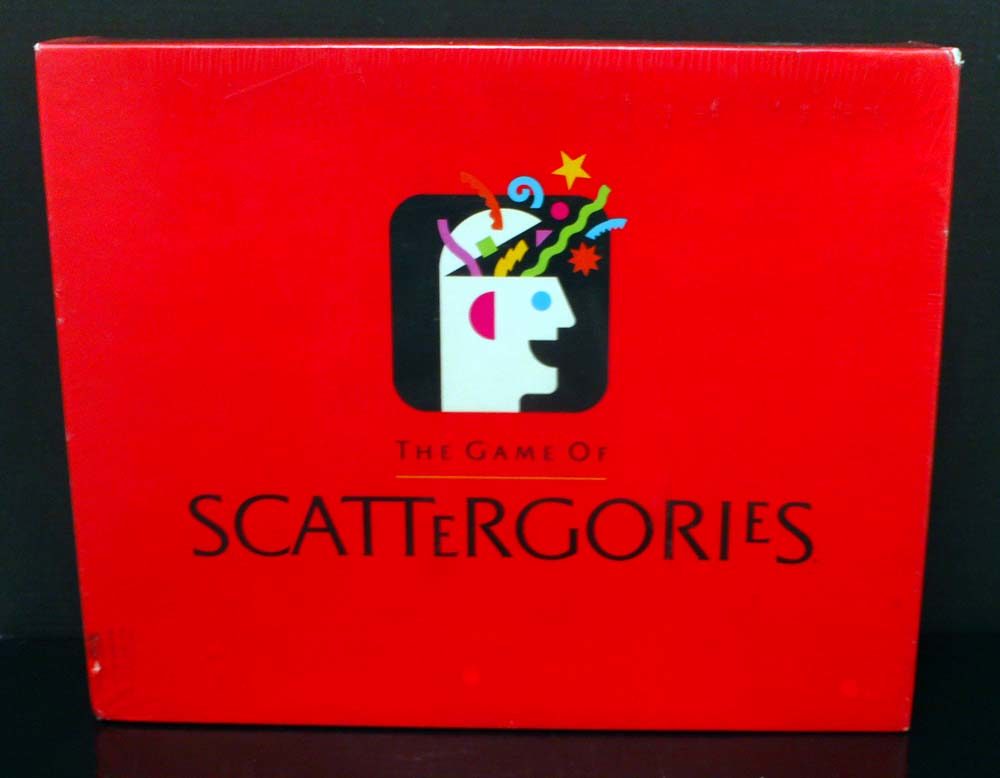
Scattergories
Fond memories here and a good family group game that requires creative thinking.
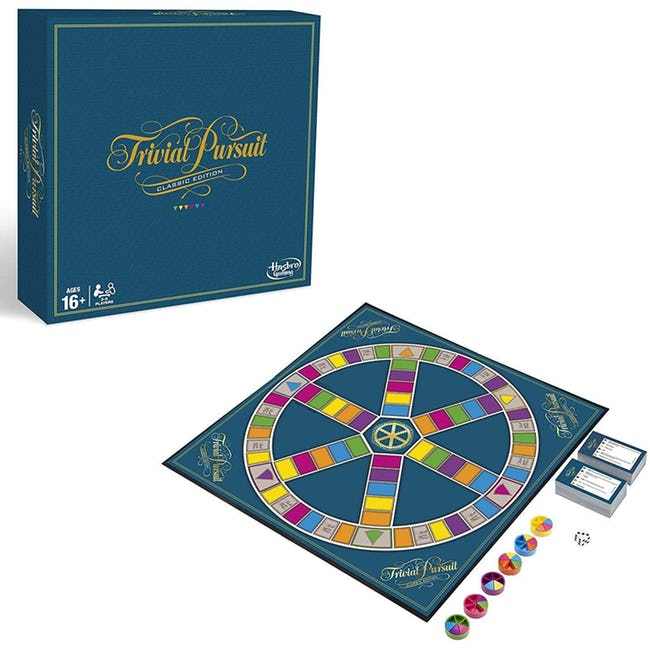
Trivial Pursuit
This is a good history, general knowledge game. Go with the old school version for more general knowledge instead of pop culture if you want to use it as a teaching tool for your kids.
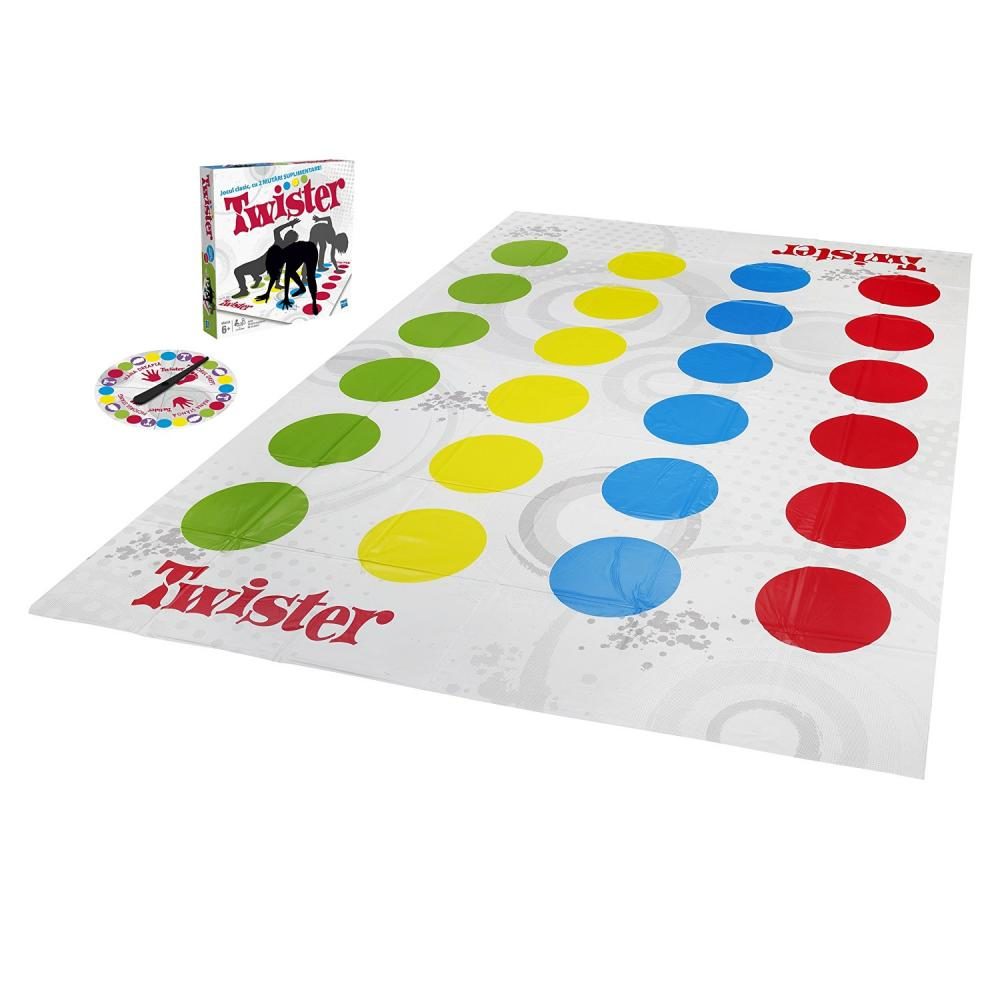
Twister
Move your body and let’s see who is the most flexible in the family. Just don’t fart in somebody’s face or it can turn into an MMA event.

Spades/Bid Whist/Poker
Great for teaching math and numbers. However, in my family, you were not allowed to sit at the Spades/Whist table if you weren’t good. No, you don’t have next unless your credentials were verified by other players. Otherwise, go sit at the kiddie table and play Pitty Pat or Go Fish. To this day, I won’t play until I put in some practice rounds. See South Side episode re: Spades tournament click HERE.
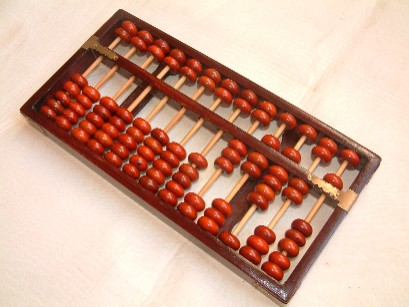
Brain Teasers
My dad loved brain teasers and I loved the challenge to beat my dad. Great for memory and strategy. I was a bit geeky so when my dad brought home an abacus, I was intent to learn how to count and multiply using it.
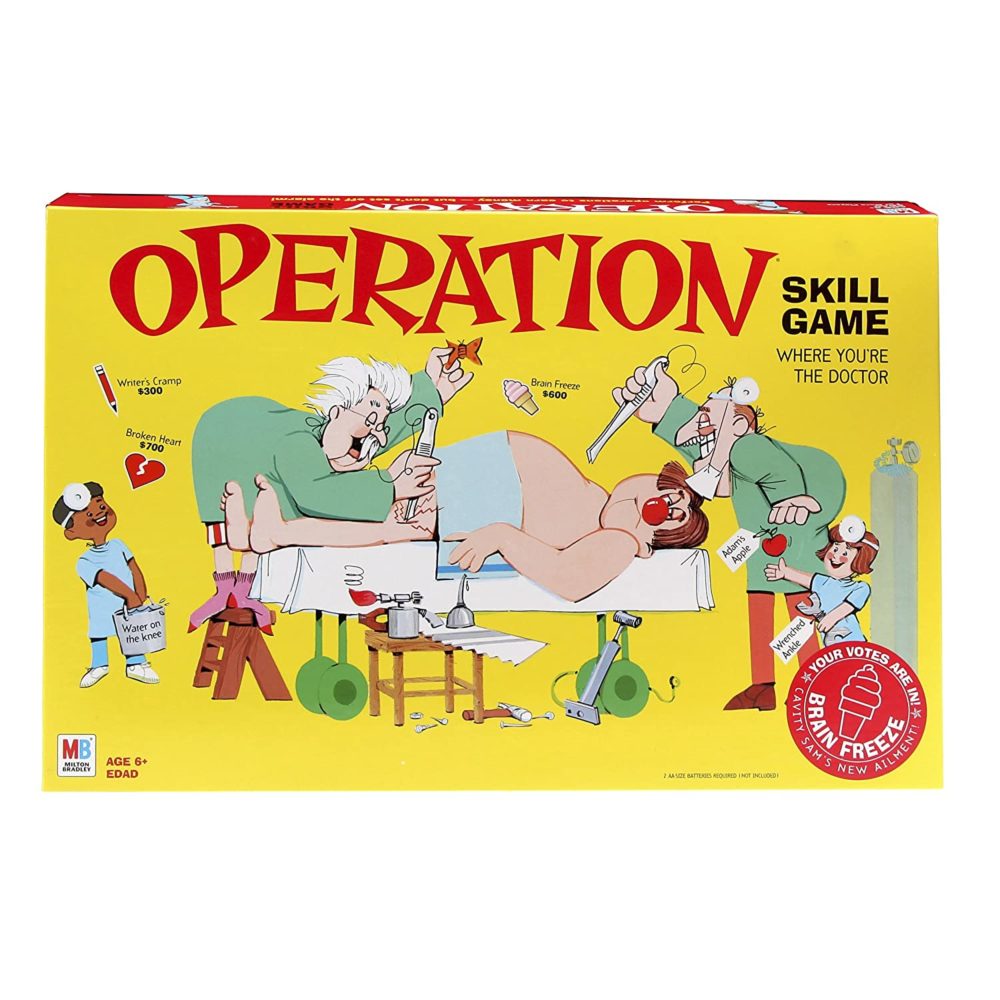
Operation
Don’t tickle the funny bone!
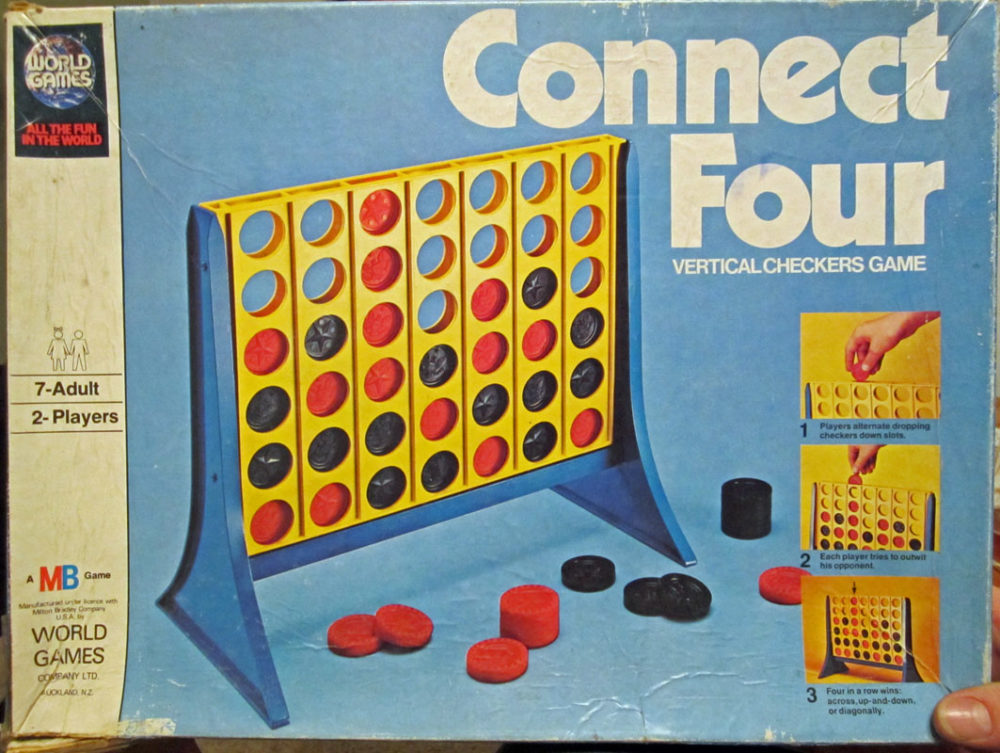
Preschool
Connect Four, Tic Tac Toe, Go Fish and Pitty Pat are good games.

Dance Party Old School Version
At family functions, there was an order to how and what music was played. We started off with music from my grandparent’s generation (blues, juke joint), my parents’ generation (Motown, soul) and then the young generation could play their music. So we learned old school dances from our grandparents and parents. We had dance challenges. It was on as soon as an aunt or uncle would say, “Ya’ll young folks don’t know nothing about [xyz dance] or show us your little dance you kids doing.” Everyone, including my grandmother, would join in the dance off. Great exercise and fun time with family. It’s spring break so treat your college kids to how you celebrated spring break, frostied hair, neon leggings, 80s theme goodness. Party people: “Shout, shout let it all out, these are things I can do without…Come on, I’m talking to you come on!”
Teach Life Skills Like Money Management, Cooking, Mending and Sewing
Kids go off to college not knowing to how to do laundry, make a basic meal that isn’t add water and stir, or how to stitch a hole in a shirt or sock. Time to go old school and teach the kids how to make pancakes, cookies or a cake not from a box. It’s simple (flour, sugar, butter, eggs). Teach them how to make marinara sauce from fresh or crushed tomatoes – use the spices in the cabinet that have started to turn color. Bring the teens in the kitchen, give them recipes and have them prepare a meal. When I was a teenager, my parents assigned each of us one night to prepare dinner. Great life skills. It taught me to appreciate the hard work it takes to prepare a meal and to stop complaining about leftovers.
Too many are graduating high school and college not knowing how to manage their money or live on a budget. Here’s an article I wrote to teach kids and teens about money management. For a printable budget planning worksheet, click HERE.
